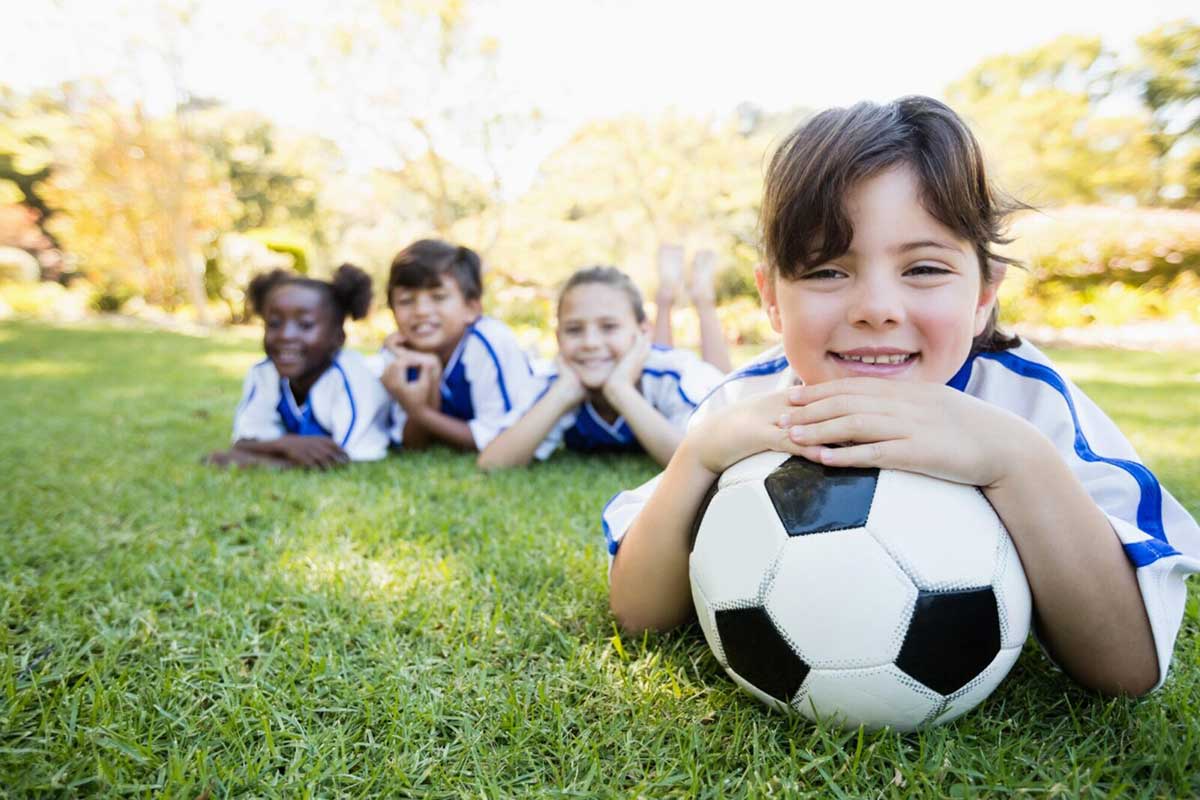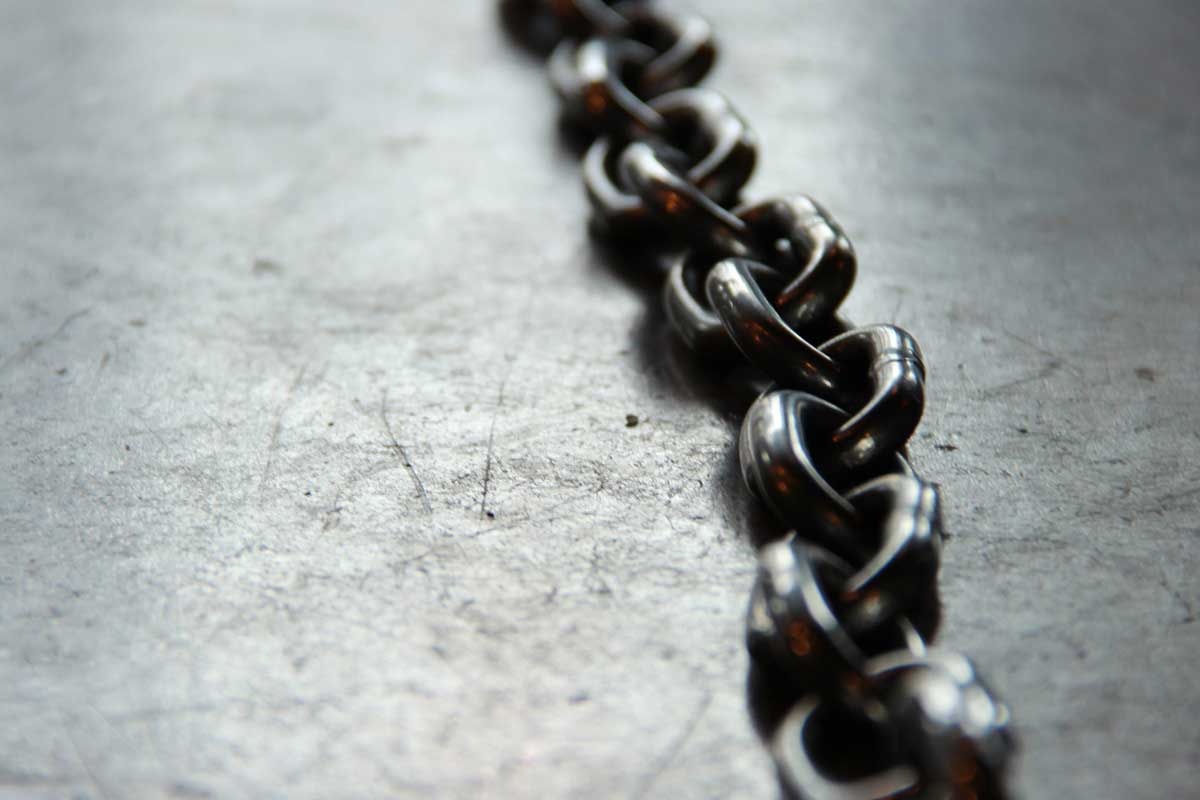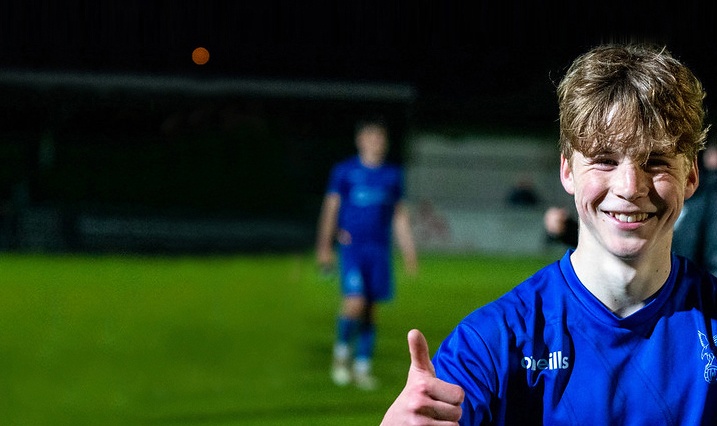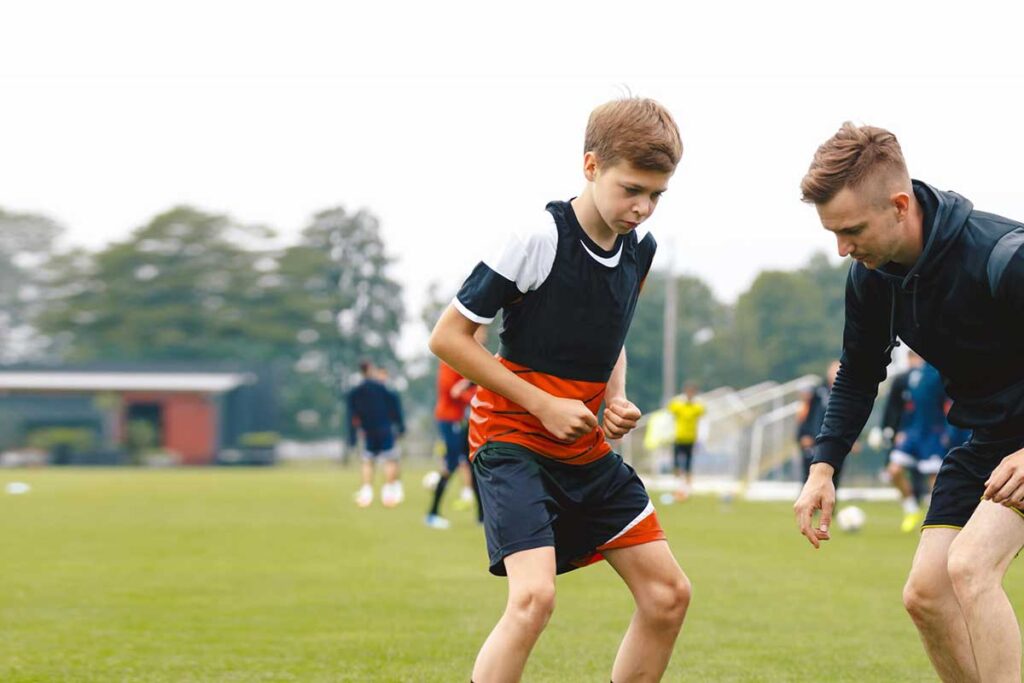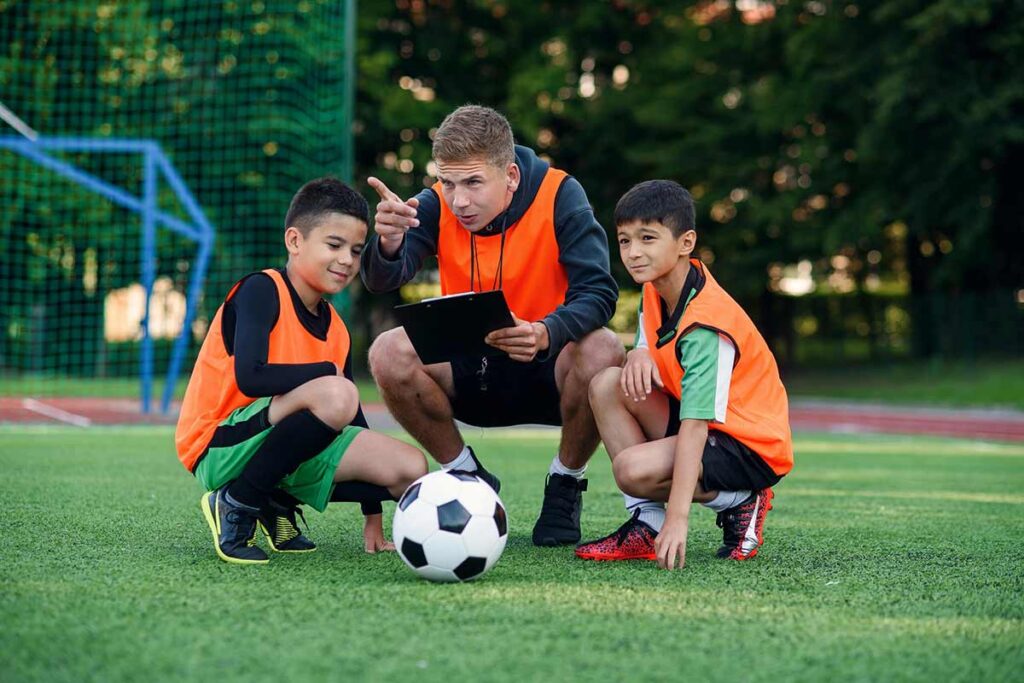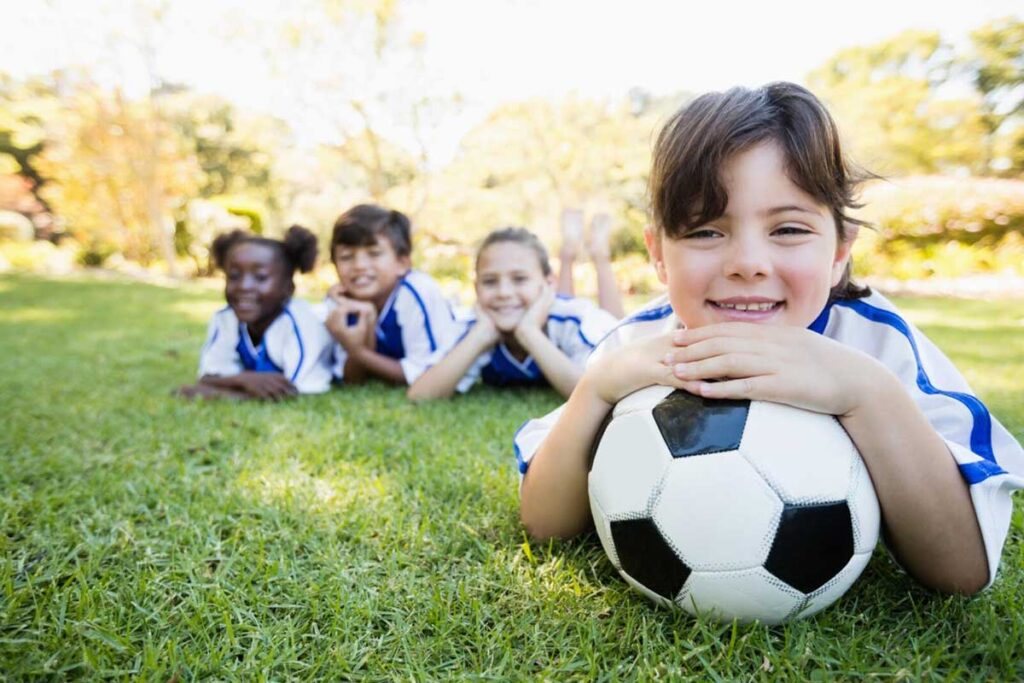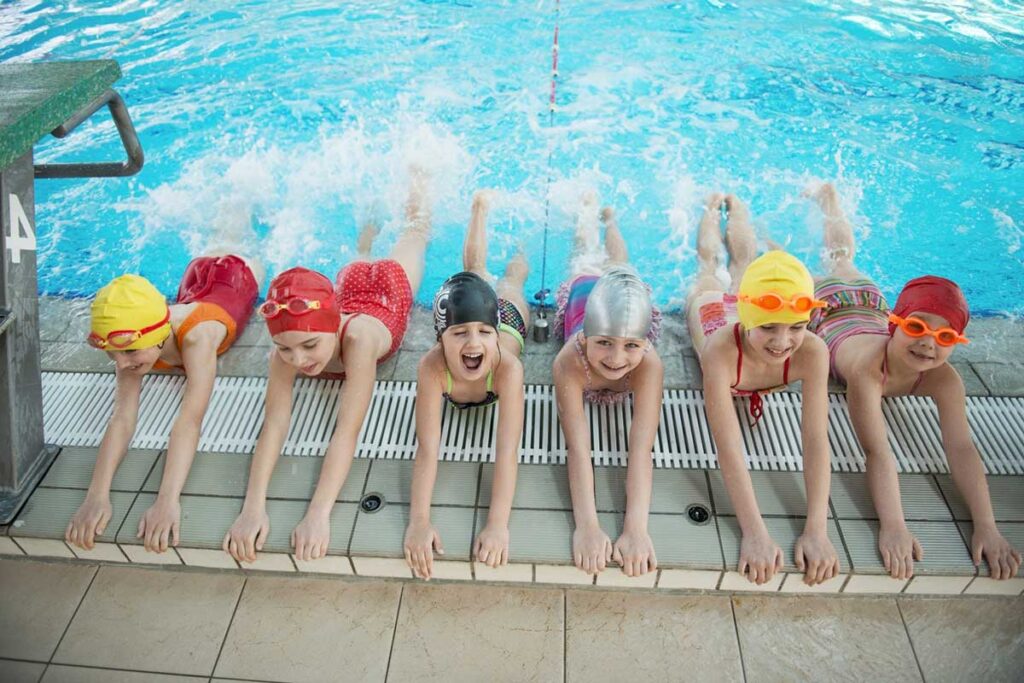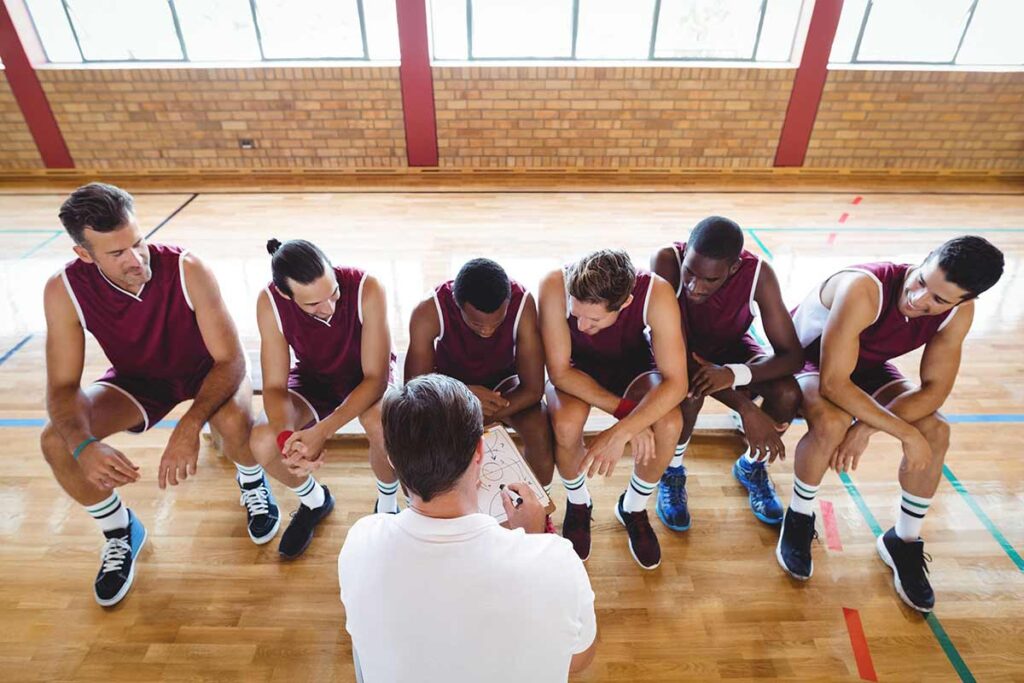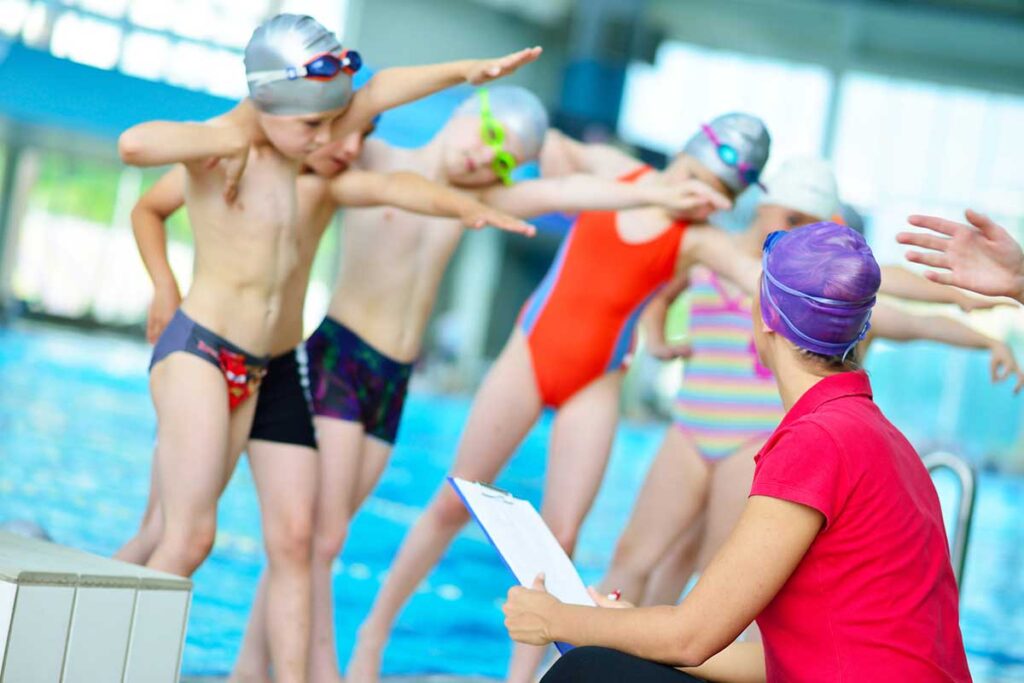Every top gymnast begins their journey at local clubs, making it essential to maintain high motivation at the foundational level to nurture potential future Olympians.
Gymnastics requires immense dedication and effort, so it’s crucial to provide young gymnasts with an enjoyable and captivating environment to help them reach their maximum potential.
Keep reading to understand the factors that could discourage them and learn strategies to prevent your aspiring gymnasts from losing their passion for the sport.
What causes young gymnasts to lose interest?
Many factors can lead to a child’s lack of motivation, and as a coach, manager, owner or parent, you may notice the signs before they let you know how they feel. By already understanding possible obstacles you’ll already be ahead of the game.
Here are just some of the reasons why they may be losing interest in the sport:
Exhaustion or burnout
Sometimes talented boys and girls can get overwhelmed by the sheer amount of training they have to do to reach a competitive level. It’s important to remember that they are children, and their physical and mental well-being should always be the top priority. If it’s not, then you risk them leaving the sport entirely because they’re burned out.
Be on the lookout for changes in attitude and learn to read body language so that you can pre-empt problems before they escalate.
Communicate with parents and come up with a plan to help them get back in the swing of things at a pace that suits them. Self-esteem and confidence will naturally fluctuate for each child, and not all children have the physical or mental capacity to progress to competitive gymnastics. A good club, however, will have structures in place to give each child the freedom to reach their maximum potential.
Too much pressure
When you take the joy out of an activity, it becomes a chore. Remember that while they’re still young, play is a very powerful tool for learning. If a child associates gymnastics with joy, they are much more likely to stick with it long-term.
However, if there is too much pressure in a club, the children are likely to become anxious, more cautious and disengaged. If their coach is approachable, firm, fair and fun then the children will grow to trust them. They’ll work hard for their approval because they want to do well, not because they’re afraid.
Parents also play a huge role in this. If they’re too pushy and competitive, the child may feel overwhelmed by the pressure to always perform and distance themselves from their teammates who become rivals rather than friends.
Excessive criticism
When adults criticise children, they are criticising from a place of authority. This means the balance of power isn’t equal and if the child doesn’t have a trusting, respectful relationship with that adult, the criticism can be crippling.
It’s natural to find certain children easier to work with than others, so it’s important to remember that even if you find a child irritating, you’re the adult and it’s your job to frame things in a way that lifts them rather than crushes them. With kids, especially the smaller ones, criticism should be minimal and mistakes treated as a stepping stone to success rather than failure.
Low self-esteem
Every class will have a range of abilities, so it’s a great practice to make your classes a place where kids are praised for progress rather than skill alone.
It’s natural for kids to compare themselves with the other children in their class, but as long as they know they’re a valuable part of the group and can acknowledge their improvement, the kids with greater skills will be inspirational rather than discouraging.
Skill loss (such as lost move syndrome)?
Lost Move Syndrome is a common psychological phenomenon that can affect gymnasts when they experience difficulties in performing a particular skill or routine they had previously mastered.
It occurs when the athlete suddenly “forgets” how to execute particular moves, even though they’ve performed them many times before. The stress and pressure of competition, injuries, or other factors can contribute to this syndrome.
Gymnasts struggling with Lost Move Syndrome may feel frustrated, anxious, and defeated, which can impact their overall performance. Coaches can help overcome this syndrome by breaking down the skill into smaller parts, using visualisation techniques, and encouraging positive self-talk to boost confidence.
Why is it important to identify the reason?
Once you can establish the root of the problem, you can then work on how to motivate the young athletes at your club. Even top Olympic gymnasts have struggled with their motivation, so creating a safe and positive environment is key to allowing your junior gymnasts to feel they can express themselves effectively.
So, what’s the best way to motivate your junior gymnasts? There’s no one formula to perfection, but our key tips can help you better support your students.
Ways to motivate your young gymnasts
To empower your gymnasts, you need to create an environment that’s safe and enjoyable for them. Some ways to do this include:
Captivating and stimulating classes
Develop training sessions that are both interesting and exciting. Introduce innovative approaches to practise routines, incorporate new equipment, or add fresh exercises to maintain their interest and keep them challenged. Above all, observe what works best for your group, as dynamics can vary hugely.
Celebrate their success
It can be counterproductive to celebrate every small success, as it can take away the power of your praise. But when a new skill has been mastered or you’ve seen significant improvement or determination in a training session, then be sure to acknowledge it.
Encourage the whole class to celebrate each other’s successes too, so that your club has an atmosphere of support, positivity and success. Again, mistakes should be seen as the stepping stone to success, not failure.
Build a community
Creating bonds and friendships among peers fosters a sense of belonging and provides emotional support.
Plan team outings like bowling or movie nights, where young gymnasts can bond in a fun environment. Also creating a private social media page where parents can see their child’s improvements and achievements and encourage them to celebrate the success of all the kids, not just their own.
Coaches – Be the backbone
Coaches should be the backbone of a team, creating an inclusive and stimulating training environment for the team.
Coaching techniques, such as positive reinforcement, open communication, and constructive feedback, will encourage young athletes to keep going when things get tough.
It’s also important to remember that kids need consistency and like to know what to expect from you. Unpredictability from an authority figure can leave kids feeling anxious about turning up, which may eventually make them want to give up. They’ll thrive in your care if you can stay measured, supportive and firm.
Resources and equipment
Make sure all your equipment is of an adequate standard for the level you teach. Investing in quality equipment will pay off in the long run and means that you’ll be taken seriously among your peers.
This could also include access to educational materials, clinics, or mentorship programs.
How motivating your gymnasts can help reduce retention and keep them in the sport
It’s crucial to motivate and empower young gymnasts from an early age, as it’ll lead to improved mental health, better performance, and increased retention in the sport.
Implementing techniques that create an inclusive and stimulating training environment, build a strong community, and celebrate successes, will boost their morale and keep the budding athletes motivated and focused on their goals.
In the end, motivating your squad will create not only excellent gymnasts but well-rounded, healthy people, who’ll leave your club ready and equipped to face the world, whatever they end up doing.
People-focused gymnastics club software
Our gymnastics club management software lets you increase your revenue while reducing your admin. Keep control of your club and save valuable time with LoveAdmin. Discover more information here.


